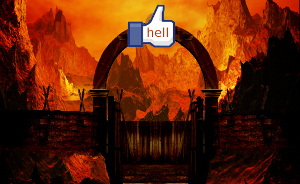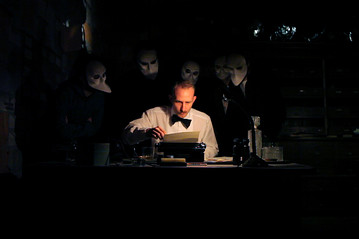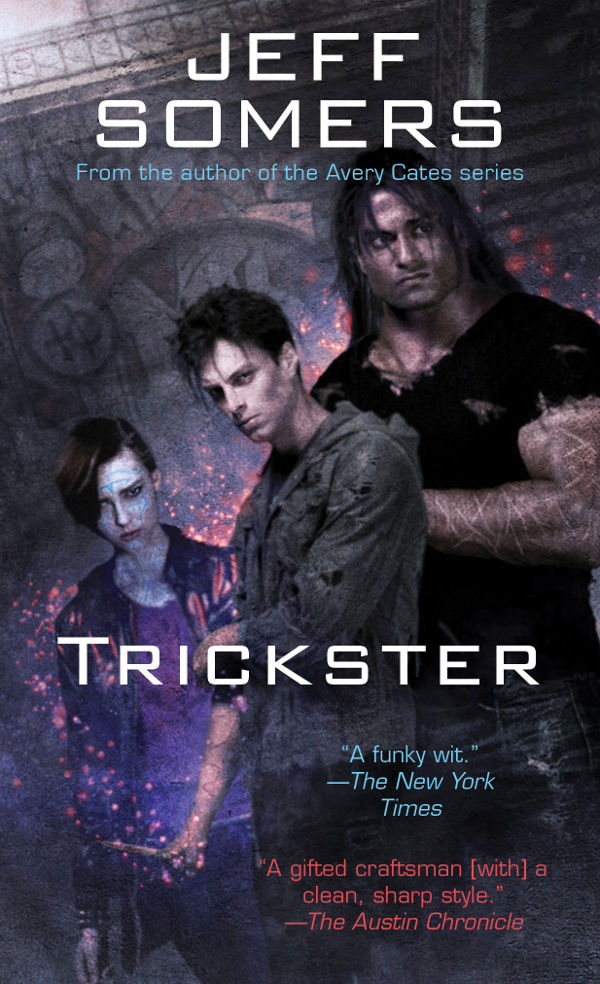Spring Breakers: MY EYES! THE GOGGLES DO NOTHING!
 Let’s start off with a definitive statement: Harmony Korine’s movies are awful, and we are all lessened by viewing them.
Let’s start off with a definitive statement: Harmony Korine’s movies are awful, and we are all lessened by viewing them.
However, sometimes people mature. To be fair, Korine has matured, and Spring Breakers does have a method to its awfulness, I think. The fact that it remains awful is part of the point: This film is meant, like most of Korine’s film, to irritate. So, I didn’t enjoy it. I actually had a curious lack of reaction to it, really: When it was over I honestly wasn’t sure if I had enjoyed myself or not. Or stabbed myself in the eyes or not.
I’ll say two things about this movie that are semi-coherent.
1. Korine Makes Partying Look Painful. This is, I think, a triumph actually. Korine manages to make a film about four nubile college-age girls who spend much of the film wearing bikinis, snorting drugs, and engaging in SexyTime dancing that is about as titillating as a Root Canal. After watching this film the last thing I want to do is go down to Florida and party with the coeds. And he does this with some skill – there’s no abrupt moral event horizon. No one gets sick (in fact, these chicks bust out the coke and booze constantly and never once seem to have a single moment of physical suffering for it) and no one has a bad date-rapey moment. Korine manages to make partying look just as exhausting as it actually is – the sort of good time you have to ingest chemicals to even tolerate, much less enjoy.
2. Korine Uses Irritation Effectively. One technique Korine uses over and over again in the film is an annoying repetition. Lines of dialogue and images are repeated, sequences shown again, and the repetition is continued until you want to claw out your eyes. Curiously, though, this means that when he finally cuts to a new scene, your sense of relief is visceral. I think this has to be on purpose, judging from how often he uses the trick. And it works. It put me on the edge of my last nerve and when he finally switched to a new scene – even if that scene was three girls in pink ski masks holding guns singing a Britney Spears song – I was psyched to see this new scene just because it was new. It’s an interesting effect, if not an enjoyable one.
So, clearly Harmony Korine is not a hack: He’s a thoughtful filmmaker who makes films the way he wants to, with goals and artistry. I simply find the finish products pretty irritating, and that’s fine. In the end, if you’re looking for a movie about boobs, sex, and drugs, you should look elsewhere, despite the fact that there are indeed boobs, sex, and drugs in this movie. If you’re looking for a movie with characters instead of soulless, expressionless puppets in bikinis, look elsewhere.
If you’re looking for a movie wherein James Franco appears to be slathered in some sort of Sex Grease, then this is the ticket you have been looking for.




